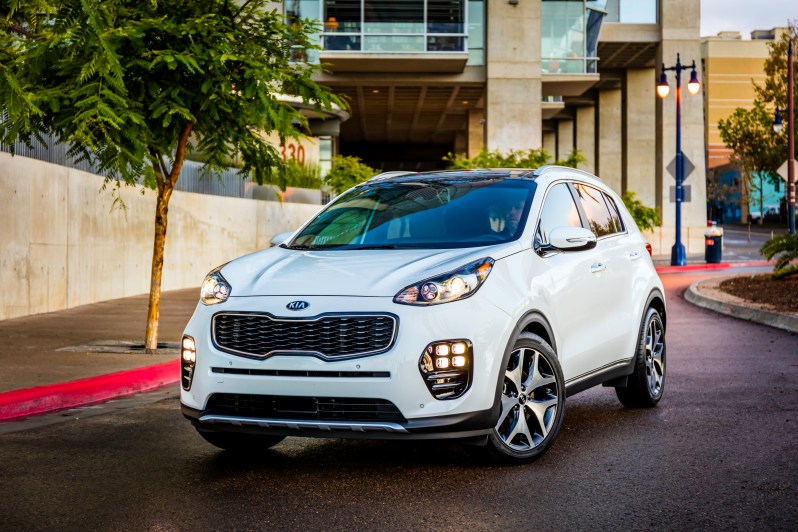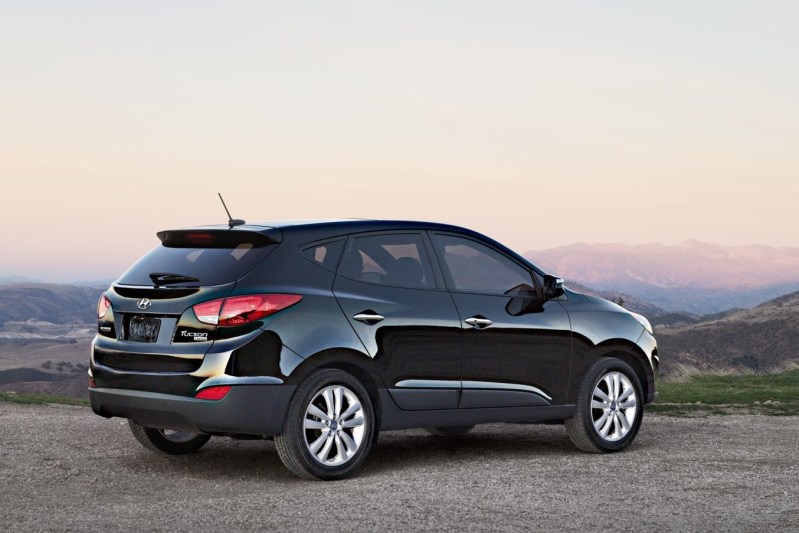
Hyundai Motor Group, comprised of Hyundai, Kia, and Genesis brands, sold at least 12% of new vehicles in the United States last year. This makes Hyundai Motor Group the third best-selling car brand in the U.S. after Toyota and General Motors. Hyundai-Kia is also the second best-selling EV brand in the U.S. after Tesla, according to a report by CNBC. Unsurprisingly, the Korean automaker is expanding its EV lineup with 15 new models by 2030 to consolidate its E.V. market share.
However, Hyundai and Kia’s growing popularity in the U.S. has come with a cost. In March this year, the automaker recalled over 570,000 vehicles produced between 2019 and 2023 due to a fire hazard — according to NHTSA. Another Hyundai and Kia recall that affected 92,000 vehicles was issued in August because the oil pumps were susceptible to catching fire.
Well, Hyundai-Kia is not out of the woods yet — the latest recall affects almost 3.4 million vehicles. As per the NHTSA report, the affected vehicles could catch fire due to an electrical short triggered by a faulty anti-lock brake system. So far, there have been 21 fire incidents in the U.S. caused by the defect, but Hyundai and Kia say there have been no reported fatalities, injuries, or crashes.

The specific vehicles that have been affected by the Hyundai recall include:
- 2010-2013 Tucson
- 2010-2012 Veracruz
- 2011-2015 Genesis Coupe
- 2011-2015 Elantra
- 2011-2015 Sonata HEV
- 2012-2015 Azera
- 2012-2015 Veloster
- 2012-2015 Accent
- 2013 Santa Fe Sport
- 2013-2015 Santa Fe
- 2013-2015 Elantra Coupe
- 2014-2015 Equus
- 2015 Tucson Fuel Cell
Additionally, the specific Kia models that have been affected include:
- 2010-2013 Sportage
- 2010-2015 Optima
- 2010 Rondo
- 2011-2013 Soul
- 2011-2013 Optima Hybrid
- 2011-2013 Forte/Forte Koup
- 2011-2014 Sorento
- 2011-2017 Rio
- 2014-2016 Cadenza
- 2015-2017 K900
As a precaution, owners of the affected models are advised to avoid parking inside any enclosed space, even if the vehicle is switched off. You should also take your recalled Hyundai and Kia vehicle to the nearest dealership recommended by the manufacturer to fix the problem as soon as possible.
But despite the high number of recalls, Hyundai, Kia, and Genesis still make the list of the most reliable car brands in the U.S., according to J.D. Power. Besides that, another study revealed that Hyundai and Kia models are least likely to be recalled compared to vehicles from Tesla, Ford, Stellantis N.V., and Volkswagen.



